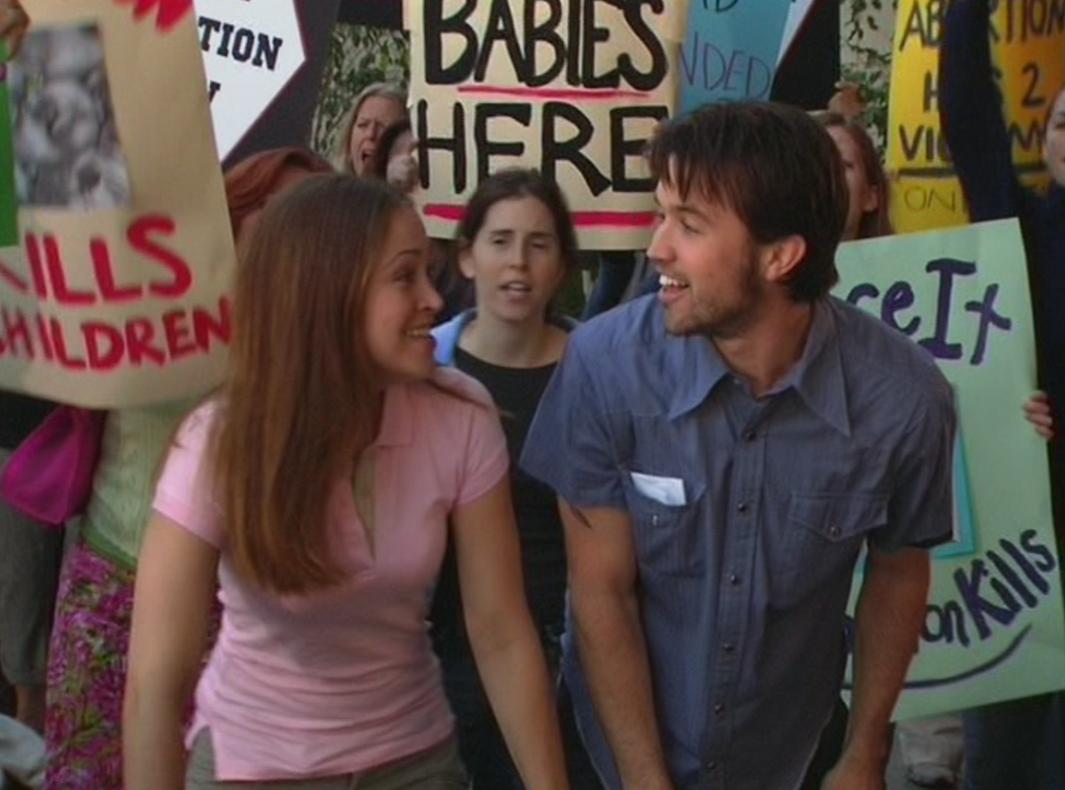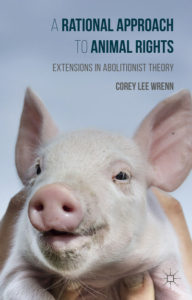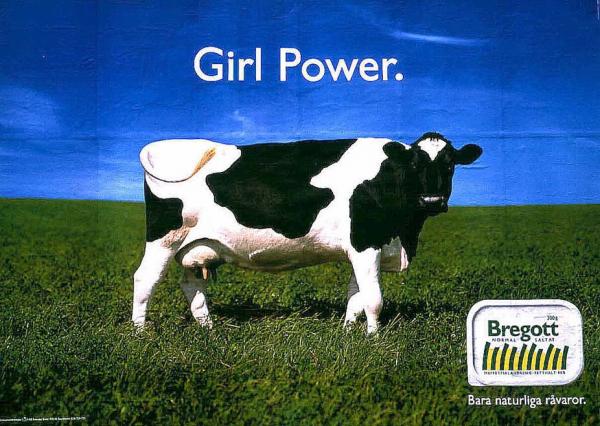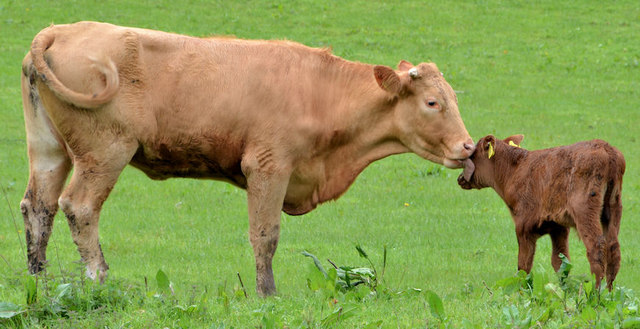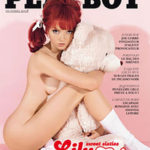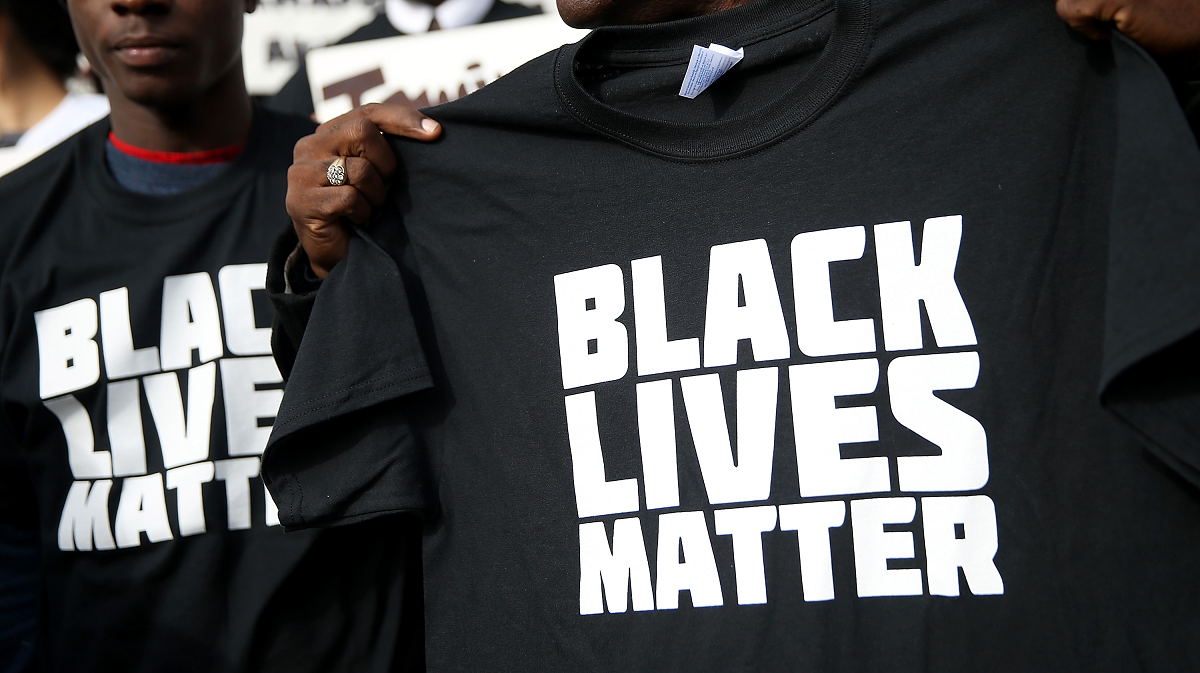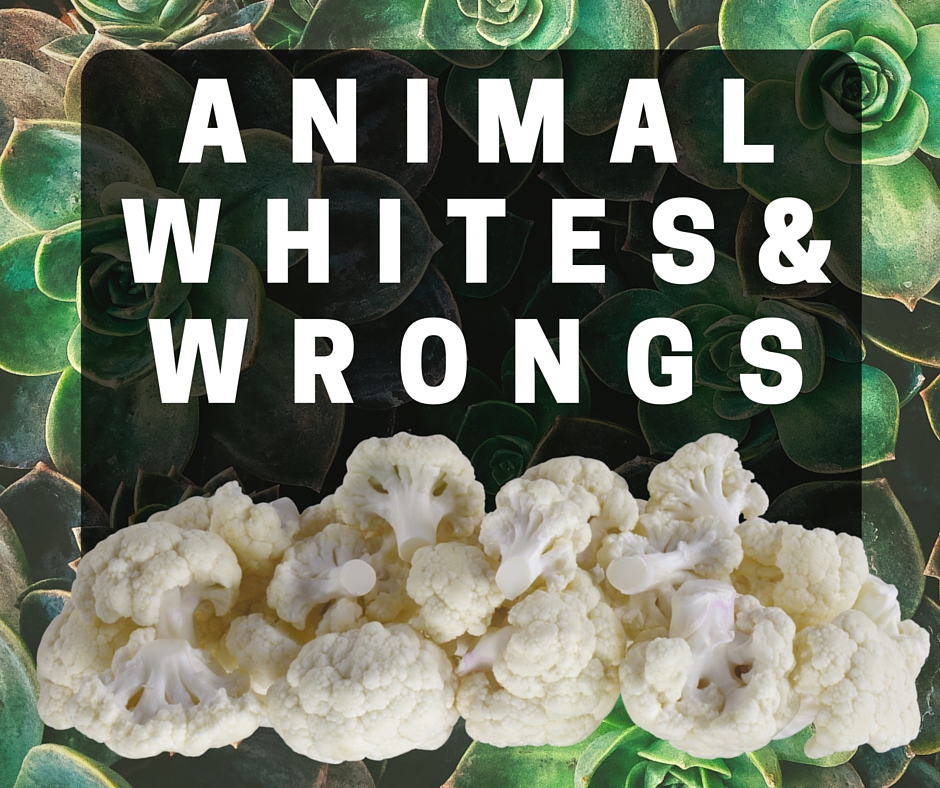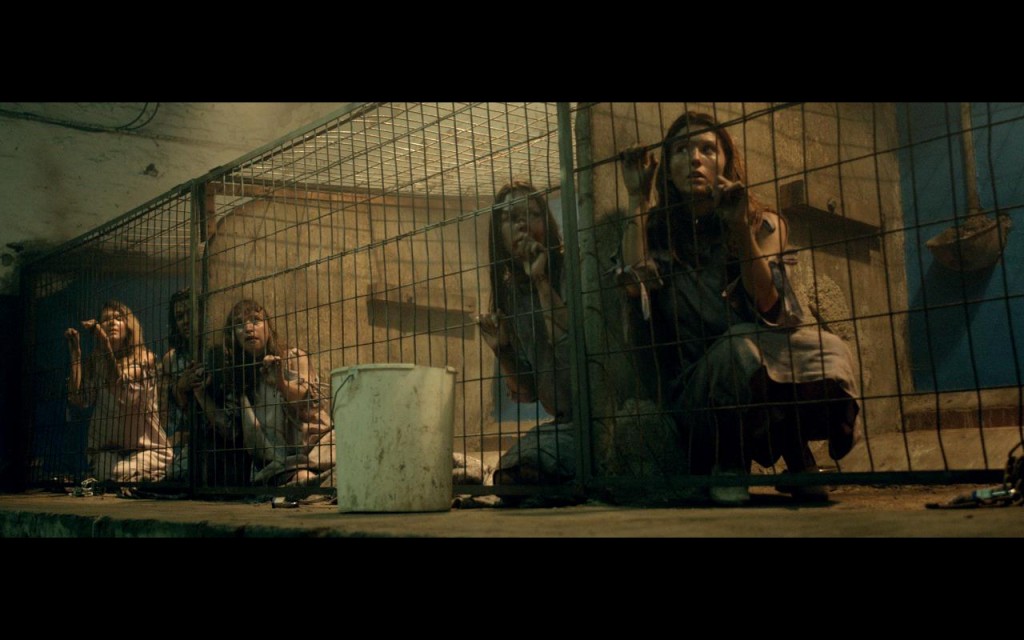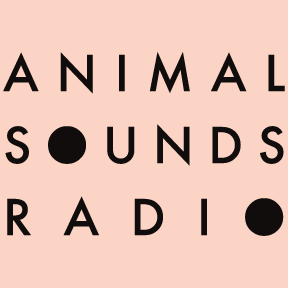In 2013, I was the victim of an online harassment campaign. It was a cyber mob attack organized to punish me for publicly criticizing a number of sexist comments made by a leading male theorist in the Nonhuman Animal rights movement (he was avidly supporting women’s sexual objection as a valid tactic). I received hundreds of aggressive and often gendered messages in response with the intent of validating the man’s patriarchal position and silencing my feminism (this is a phenomenon that happens with excruciating regularity in online spaces).
It was a frightening, upsetting, and deeply alienating experience. In the height of the chaos, one man appeared among the crowd of sexist barraging to defend my feminist critique. His support came as a great relief to me. It was much needed and much appreciated. While he would later become a good friend of mine, at that time, he was largely unknown to me. Someone amidst the fray immediately responded, labeling him my “partner.” Others responded understandingly: “Oh, that makes sense now.” Men, it seems, can’t be allies without an incentive.
 This experience, as it turns out, is a common one. For instance, David Futrelle of the anti-misogyny blog We Hunted the Mammoth, an online watchdog project tracking “men’s rights” advocacy, is regularly accused of writing about misogyny to “get laid.” It is as though feminist ideas are so wacky and so unimportant that the only reason men would be interested in fighting against sexism and misogyny would be to get something from women. Some men are so completely indoctrinated with the idea that women exist only as a resource that it becomes unfathomable that any man would want to challenge patriarchy. What rational man could actually take feminism seriously?
This experience, as it turns out, is a common one. For instance, David Futrelle of the anti-misogyny blog We Hunted the Mammoth, an online watchdog project tracking “men’s rights” advocacy, is regularly accused of writing about misogyny to “get laid.” It is as though feminist ideas are so wacky and so unimportant that the only reason men would be interested in fighting against sexism and misogyny would be to get something from women. Some men are so completely indoctrinated with the idea that women exist only as a resource that it becomes unfathomable that any man would want to challenge patriarchy. What rational man could actually take feminism seriously?
When men attack other men for promoting or defending feminism, it constitutes gender policing. Masculinity is protected in defining it by what it is not, and it is not feminine. Boys who play with Barbies, enjoy theater, or otherwise fail to “man up” may find themselves chastised. Similarly, boys who advocate gender equality are also chastised. Masculinity necessitates the rejection or devaluation of the feminine. Under patriarchy, there is no room for women’s rights, and there is even less room for traitorous men colluding with marginalized women.
Policing male allies is hurtful for a number of reasons. First, it dismisses the legitimacy of feminism. Feminism is presented as not worth supporting unless it provides men with sexual favors. Second, it reduces masculinity to the tired trope that men are only interested in sex. Third, it often entails emasculating and heterosexist gender policing. Finally, it discourages men’s involvement. Men are acutely aware that supporting feminism threatens their tenuous position in the patriarchal hierarchy and will solicit policing from other men (and some women). None of these consequences are compatible with the goals espoused by a social justice movement.
Although a number of men will feign interest in search of fame, fortune, or sex, to be sure, the truth is that some men really are interested in social justice, and not because of any personal reward. For that matter, faking feminism would prove to be a poor tactic. Many feminist women are not the easiest for patriarchal, chauvinistic men to get along with. They hold their male friends and romantic partners up to a higher standard of integrity (or, some might say, a standard of basic human decency). It is not as easy as posting a pro-feminist statement in a forum and then sitting back and waiting for the ladies to swarm in. Heterosexual feminists are more likely to be attracted to men who understand the issues, genuinely care about the issues, and can be counted on to fight for the issues. It is not something easily faked.
Writing off a man’s support with the ridiculous suggestion that he’s only interested in sex is about as shallow and lazy as calling feminists “man-haters.” It is not true, but for those committed to oppressive systems, truth is not the point. Rather, the point is to silence women and their allies in order to protect patriarchy. I believe that men claiming to be feminists (especially when they have been informed that doing so is appropriative and hurtful) is a problem, but when men are performing their duties as allies, they can be important sources of strength and support. Perhaps it is predictable then, that supporters of sexism will seek to undermine that relationship by digging deeper into sexism, degrading women as sex objects and the men that help them as hormone-driven lackeys.
This essay is a revision of “Are Male Allies Just Trying to Get Laid?” first published on August 1st, 2013 with a now defunct feminist blog. You can read more about gender and anti-speciesist activism in my 2016 publication, A Rational Approach to Animal Rights.
 Dr. Wrenn is Lecturer of Sociology. She received her Ph.D. in Sociology with Colorado State University in 2016. She received her M.S. in Sociology in 2008 and her B.A. in Political Science in 2005, both from Virginia Tech. She was awarded Exemplary Diversity Scholar, 2016 by the University of Michigan’s National Center for Institutional Diversity. She served as council member with the American Sociological Association’s Animals & Society section (2013-2016) and was elected Chair in 2018. She serves as Book Review Editor to Society & Animals and has contributed to the Human-Animal Studies Images and Cinema blogs for the Animals and Society Institute. She has been published in several peer-reviewed academic journals including the Journal of Gender Studies, Feminist Media Studies, Disability & Society, Food, Culture & Society, and Society & Animals. In July 2013, she founded the Vegan Feminist Network, an academic-activist project engaging intersectional social justice praxis. She is the author of A Rational Approach to Animal Rights: Extensions in Abolitionist Theory (Palgrave MacMillan 2016).
Dr. Wrenn is Lecturer of Sociology. She received her Ph.D. in Sociology with Colorado State University in 2016. She received her M.S. in Sociology in 2008 and her B.A. in Political Science in 2005, both from Virginia Tech. She was awarded Exemplary Diversity Scholar, 2016 by the University of Michigan’s National Center for Institutional Diversity. She served as council member with the American Sociological Association’s Animals & Society section (2013-2016) and was elected Chair in 2018. She serves as Book Review Editor to Society & Animals and has contributed to the Human-Animal Studies Images and Cinema blogs for the Animals and Society Institute. She has been published in several peer-reviewed academic journals including the Journal of Gender Studies, Feminist Media Studies, Disability & Society, Food, Culture & Society, and Society & Animals. In July 2013, she founded the Vegan Feminist Network, an academic-activist project engaging intersectional social justice praxis. She is the author of A Rational Approach to Animal Rights: Extensions in Abolitionist Theory (Palgrave MacMillan 2016).
Receive research updates straight to your inbox by subscribing to my newsletter.

